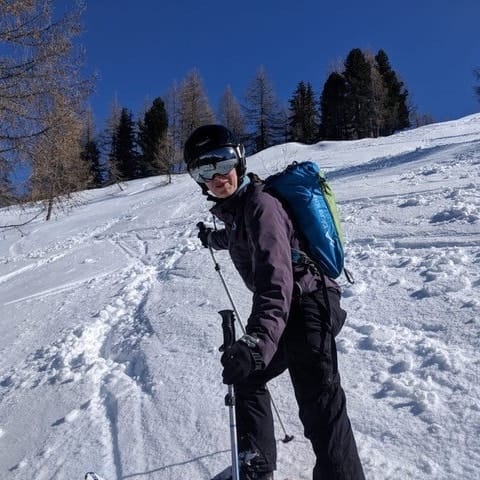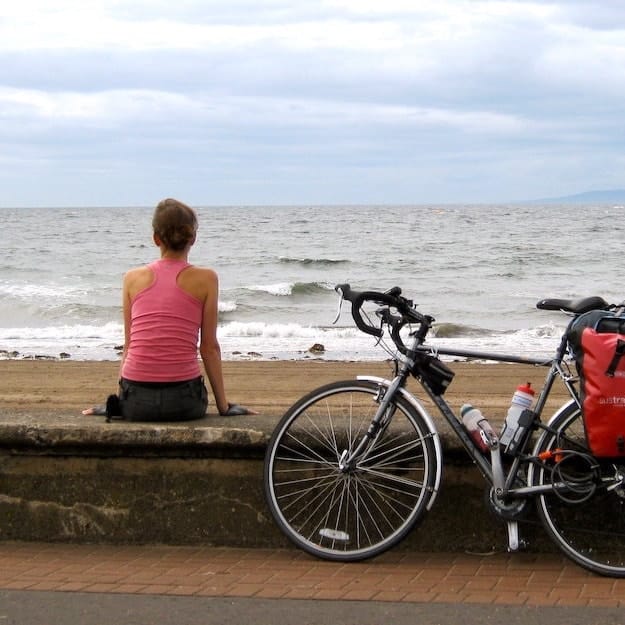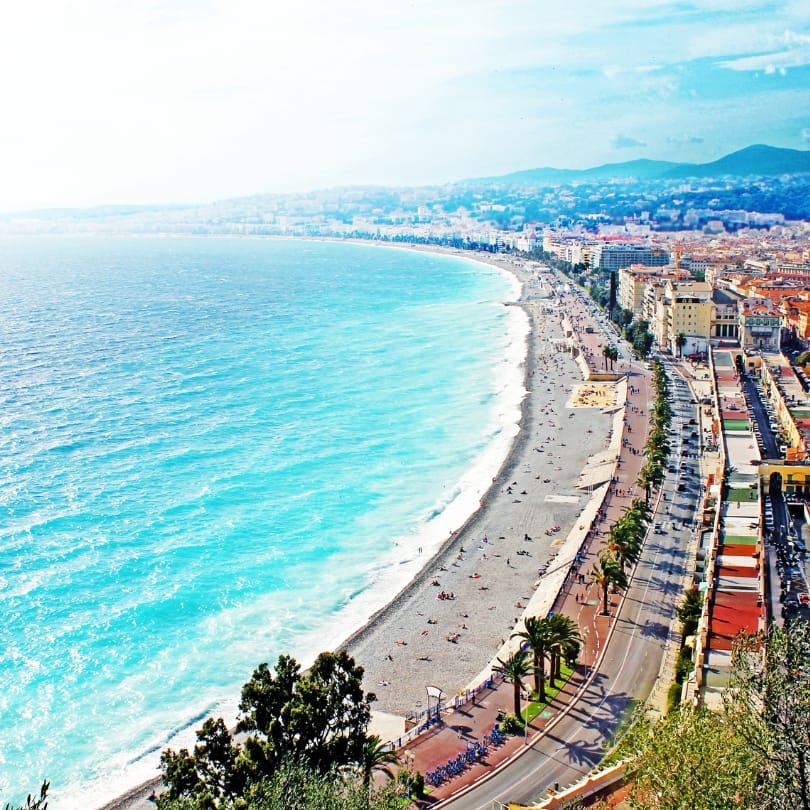
Every two to three months I have a meeting in Europe.
Mostly they’re in Amsterdam, sometimes Paris or Copenhagen, but today it was Leverkusen, the small town built by the Bayer chemical firm to house its workers, on the outskirts of Cologne.
Usually, and because it has become a habit, I take a plane. London City or Heathrow to Dusseldorf and then a taxi, probably. Still, I am somewhat familiar with trans-Europe express trains, as advertised by German electro pioneers Kraftwerk, and as a family we travelled through Cologne on our holiday this summer. I am also a regular long-distance commuter by train in the UK, and I’m feeling ever more guilty about my flying. So I decided to see what a work trip to Europe by train would feel like.
I’m feeling ever more guilty about my flying. So I decided to see what a work trip to Europe by train would feel like.
The first and very obvious difference between flying and ‘training’ is getting your ticket. Airlines make it so simple. You feel looked after as you plan your journey with an airline keen to retain your custom. Not so much on the train. Sure, Eurostar tries hard, and it works well, but that only gets you to Brussels. What then? Well, you’re rather on your own.* Out of the several websites and apps that allow you to plan routes and book trains, I used theTrainline.com, but you don’t really feel that they are taking care of your journey. They issue tickets but the rest is up to you.
I had fourteen minutes to change at Brussels and get onto the Cologne train. I was a bit apprehensive about that. What if the train was late? If I missed my train would my ticket still be valid? When would the next train be? All a bit up in the air… or down on the rails. Anyway, I shouldn’t have worried because (1) the train was bang on time, (2) the train guard explained when and which platform the Cologne train was running from, and (3) quite a few of us were making the same connection, and there’s safety in numbers. The Cologne train was also a little late, which was unusual but helped!
The great advantage that the train has over flying is that you can work, or at least I can. I get a seat in the quiet carriage, use 4G wifi from my phone so that I can email whatever the state of the train’s wifi, and buy some food for the journey. The shop at St Pancras has so much more to choose from than a trolley, I find!
The great advantage that the train has over flying is that you can work, or at least I can.
So by the time I boarded the Cologne train, I’d had a bit of food, done some work and reread some papers for my upcoming meetings. With noise cancelling ear buds (essential for travel, in my opinion) I listened to the radio to calm down and carry on where I left off with the eating and working. All the while, European landscapes were whizzing past. I dipped in and out of work, and out and in of gazing at the unfamiliar countryside as it started to get dark.
At Cologne it was pitch dark. Now the tricky bit. How to get to Leverkusen? The answer lay in the Citymapper app on my phone. I reassigned my city from London to Cologne, and it instructed me to get the S-Bahn toward Essen. That’s OK, but where are the ticket machines, where is the platform and what is the S-Bahn? Ten minutes of wandering around trying to figure it out was all I needed. But it certainly could have been easier – an opportunity here for someone, app wise. The journey took 20 minutes. Then to my hotel, which is what taxis are for.
I arrived safely, feeling good, work completed, and totally pleased with myself that my carbon footprint had been taken care of.
I arrived safely, feeling good, work completed, and totally pleased with myself that my carbon footprint had been taken care of.
Taking a flight is a habit, and airlines want you to think that way. While the process of booking the train could be fine-tuned, doing a repeat journey will feel far easier than the first time. I suspect that trying it out once is all that many will need to see that it’s actually better than flying.
Price-wise, it was fairly comparable. £200 for Eurostar. £90 for Cologne train. €8 for S-Bahn. €20 for taxi. I left at 1300 and arrived at my hotel at 1800. Quite competitive with the flight on both cost and time (BA flights to Frankfurt are £200-300 each way, depending on timings). The difference is that I had some nice food, did some work and didn’t have to breath high-altitude recycled air in a seat crammed in twenty centimetres behind someone else’s.
For European meetings, try the train. If you do, I reckon you’ll do it again.
Martin is a glaciologist and Director of the Grantham Institute at Imperial College London. Read their list of ‘9 things you can do about climate change’ here.
* Eurostar allows through-booking on its website for some onward journeys, which can be useful as it means if your first train is delayed and you miss your connection, you can get on the next one with no trouble.
For tips on booking overland travel in Europe, check out our blogs "Trainsetting across Europe" and "Travel tips for train first-timers"




